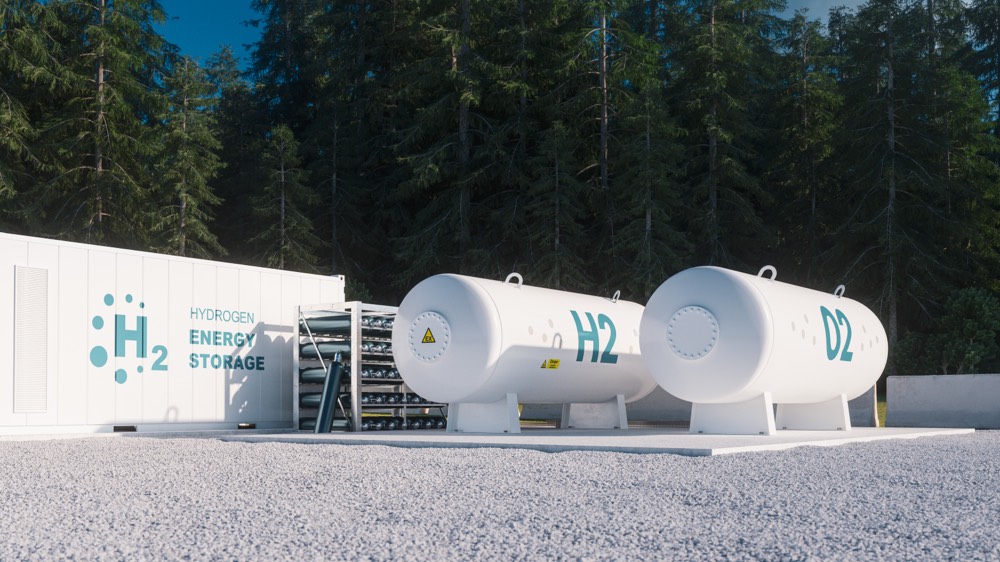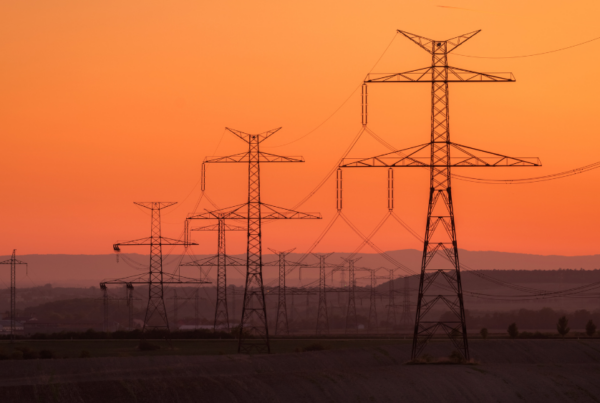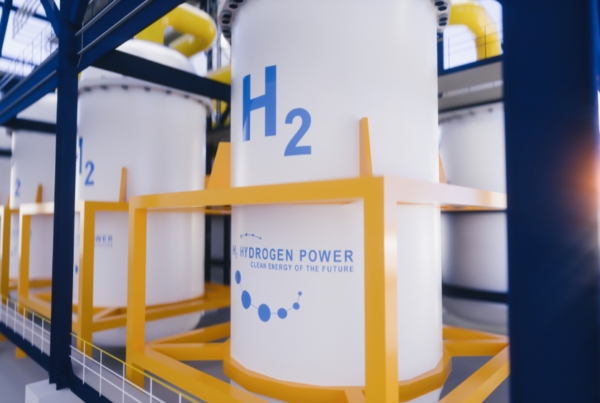
This report presents our analysis on the role of hydrogen in decarbonising the economy. It provides insights on the implications of hydrogen for Aurora’s GB power market outlook in a Net Zero world. The report was first presented during a Group Meeting in September 2020 and subsequently updated to reflect feedback provided by clients.
Key takeaways from the analysis include:
- Despite meeting all of its previous carbon budgets, the UK is set to miss its Net Zero target by 295 MtCO2e. Alongside mass electrification, adopting CCS and Hydrogen will be crucial in tackling emissions in the hardest to abate sectors
- We will be introducing hydrogen within our Central and Net Zero forecasts from October. In our Net Zero scenario, the deployment of hydrogen will increase annual baseload prices by £3/MWh as power demand increases. However, price volatility decreases
- Overall, renewables and baseload assets stand to gain from the deployment of hydrogen. In particular, onshore wind could enjoy a 48% rise in annual gross margins in the 2040s through a combination of higher capture prices and lower curtailment
- The shift towards hydrogen could empower UK decarbonisation ambitions, but must take account the relative emissions of various technologies. Green hydrogen would be most beneficial in a highly decarbonised power grid like GB, while Blue hydrogen could be better suited for more emissions-intensive grids like Germany
Both policy makers and investors must play a part to develop the robust pipeline of hydrogen projects. CfDs and carbon pricing are emerging as leading options for policy support, while developers are exploring co-location with renewables and partnerships with end-users.
This is subscriber-only content. Not a subscriber yet? Find out more about our GB Power package.






